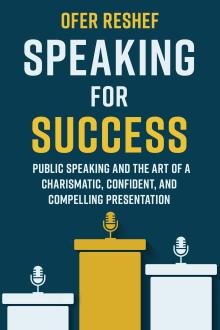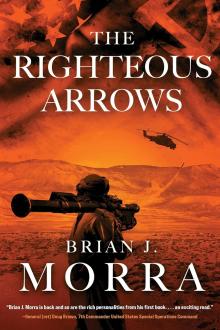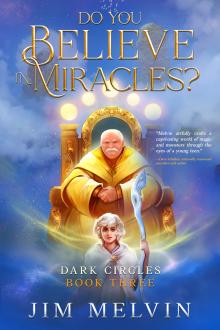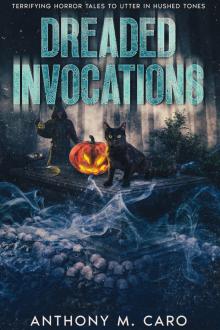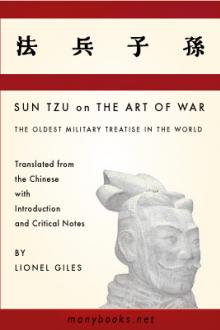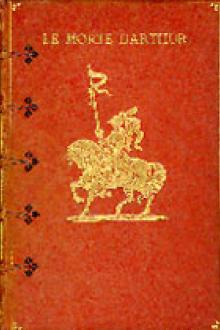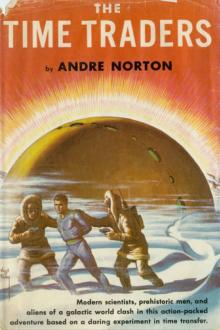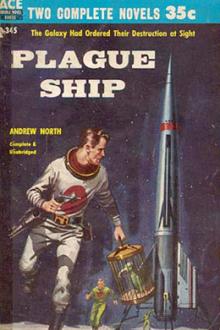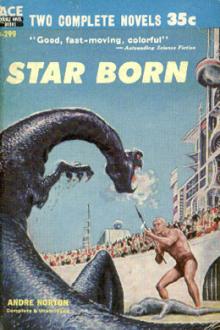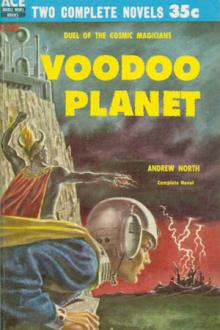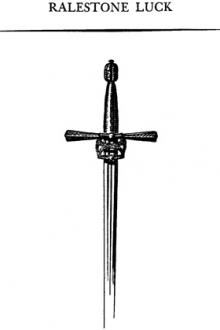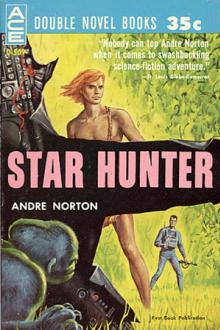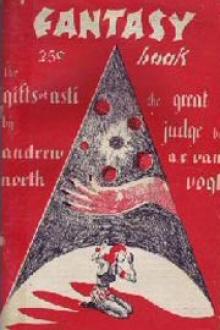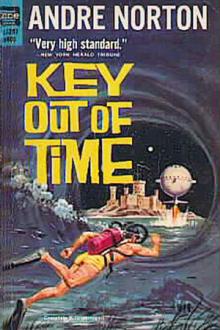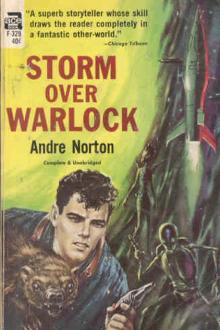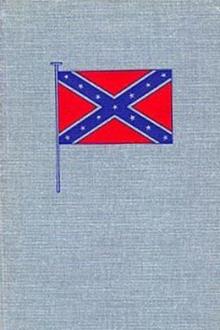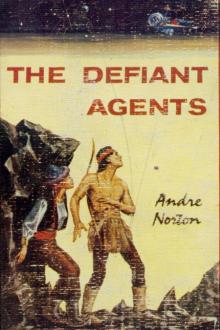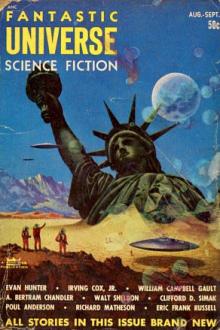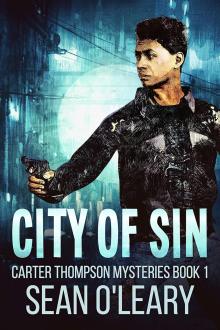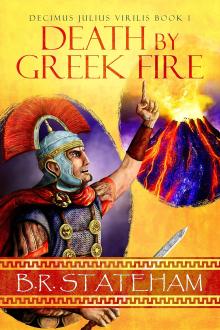Rebel Spurs
Rebel Spurs
In 1866, only men uprooted by war had reason to ride into Tubacca, Arizona. So when Drew Rennie, newly discharged from Forrest's Confederate scouts, arrived leading everything he owned behind him--his thoroughbred stud Shiloh, a mare about to foal, and a mule--he knew his business would not be questioned. To anyone in Tubacca there could be only one extraordinary thing about Drew, and that he could not reveal: his name, Rennie.
Book Excerpt
wore it once." Drew was still half in the past. "What do I owe you more'n the thanks of a mighty tired man you've turned out brand new again?" He smiled and was suddenly all boy.
"Foah bits, suh. An' it was a pleasure to do fo' a gentleman. It truly was. Come agin, suh--come, agin!"
Drew went down the corridor, his spurs answering with a chiming ring each time his heels met planking. Worn at Chapultepec by a Mexican officer, they had been claimed as spoils of war in '47 by a Texas Ranger. And in '61 the Ranger's son, Anson Kirby, had jingled off in them to another war. Then Kirby had disappeared during that last scout in Tennessee, vanishing into nowhere when he fell wounded from the saddle, smashing into a bushwhackers' hideout.
On a Sunday in May of '65, back in Gainesville, when Forrest's men had finally accepted surrender and the deadness of defeat, a Union trooper had worn those spurs into church. And Boyd Barrett had sold his horse the same day to buy back those silver bits because
FREE EBOOKS AND DEALS
(view all)Popular books in Fiction and Literature, History, War, Western
Readers reviews
4.5
LoginSign up
A fine story of a young ex-Confederate soldier in search of his father on the Arizona frontier. Lots of action. Lots of detail on the life of the ranch hand. Good character development in the protagonist. Norton seems to have done a lot of research on the post-war economic, political, and social conflicts in the late 1860s, and the young man's personal struggles are understood in this larger context. But above all it is a ripping good yarn. My only complaint is the
precipitously abrupt ending. Many of the strands of the story are left unresolved, even if the young man's quest is largely completed. My guess is that a sequel was intended. Good horse opera worth a read!
precipitously abrupt ending. Many of the strands of the story are left unresolved, even if the young man's quest is largely completed. My guess is that a sequel was intended. Good horse opera worth a read!
- Upvote (0)
- Downvote (0)
I loved it!
03/29/2007
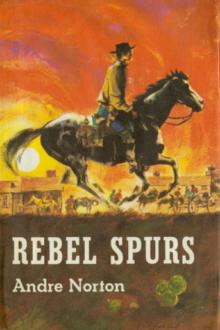
 Free Download
Free Download
